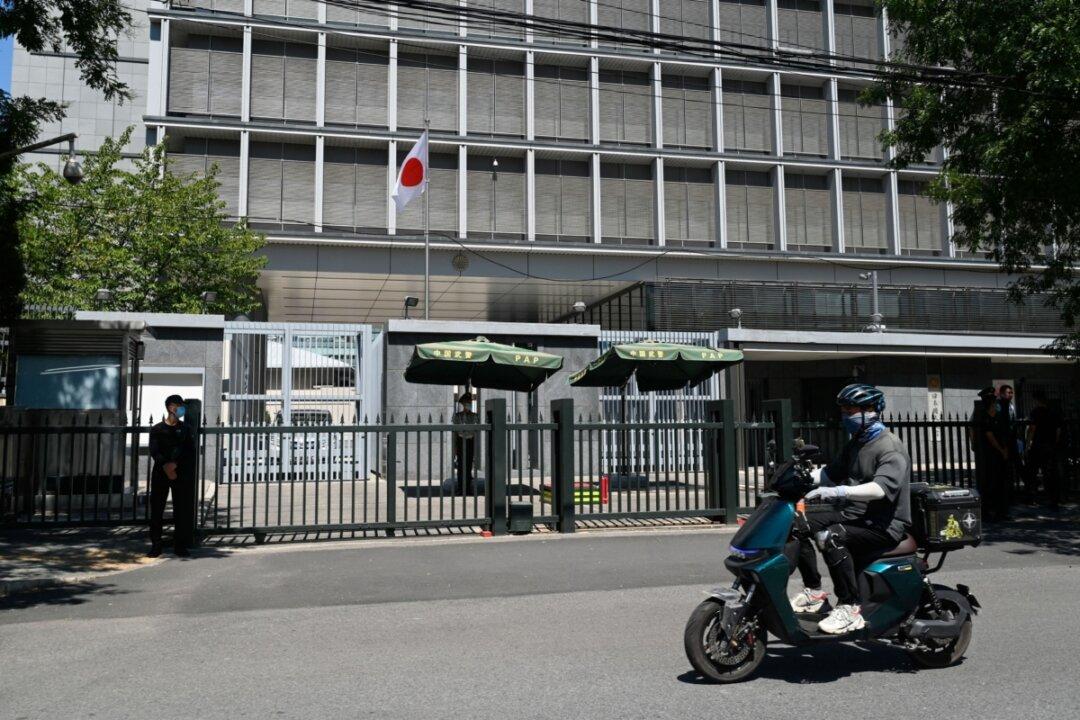A smear campaign focused on Fukushima’s discharge of nuclear-treated water is being countered by the Japanese Embassy in Beijing via the Twitter-like online platform Weibo.
The embassy has been sharing scientific data via Weibo to counter Chinese Communist Party (CCP) propaganda about the discharge of wastewater from the damaged Fukushima nuclear power plant into the ocean beginning Aug. 24.




